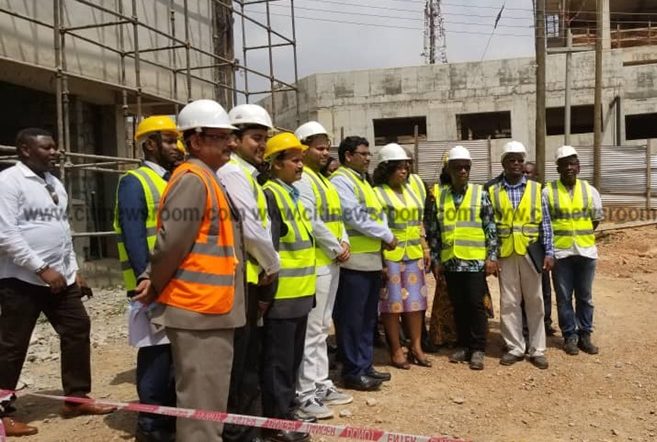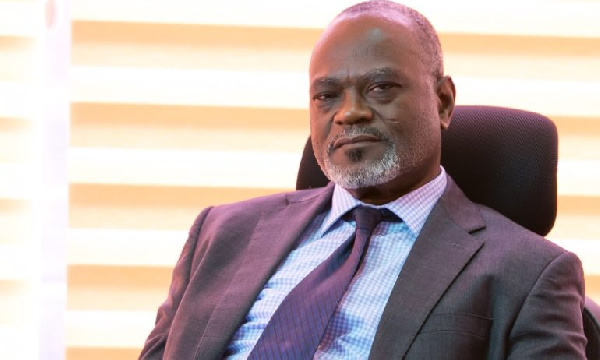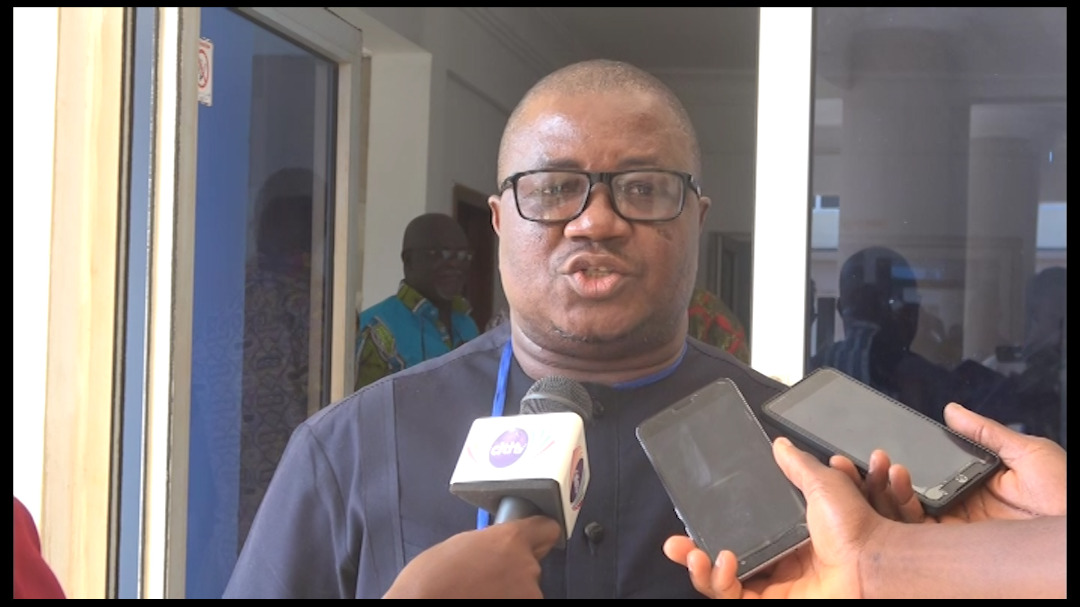

Farmers across the country will have some relief as the government has announced plans to rehabilitate and equip four seed centers in the country.
It is expected that this would improve the supply of certified seeds and also increase the usage of quality seeds among smallholder farmers.
The Ministry of Food and Agriculture estimates that only 10 percent of farmers in the country purchase certified seeds annually.
According to agricultural experts, low use of certified seeds result in low yields per hectare and impacts negatively on the income of farmers and food security in the country.
However, seed centres, which are supposed to process certified seeds for farmers across the country are in a deplorable state with deteriorating equipment.
The Tamale mechanization seed center which is part of the facilities to be rehabilitated has not seen any major facelift in the past decade with most of the machines used for processing seeds obsolete.
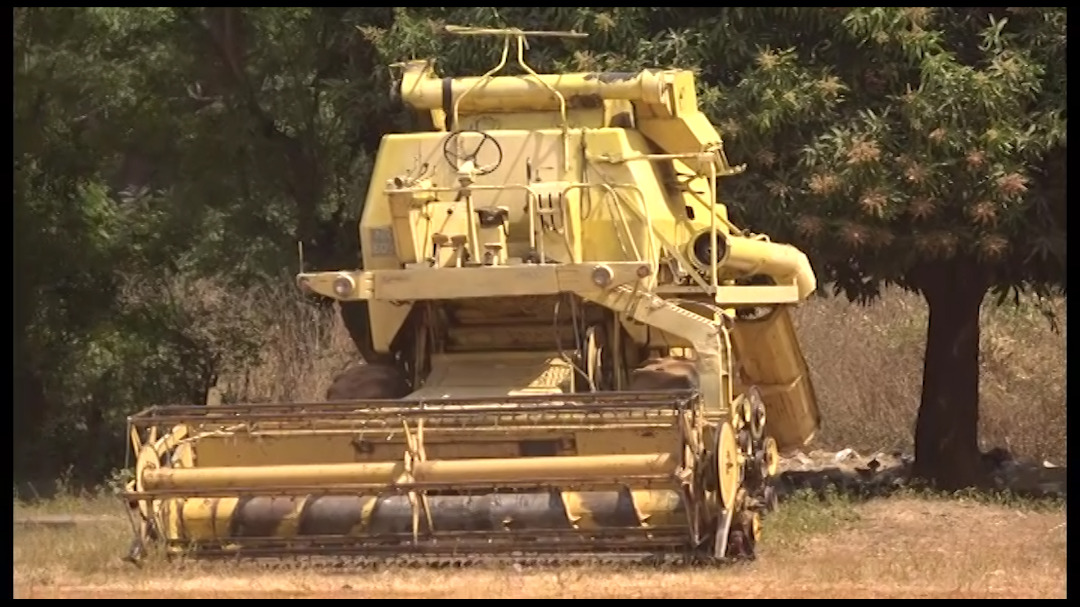
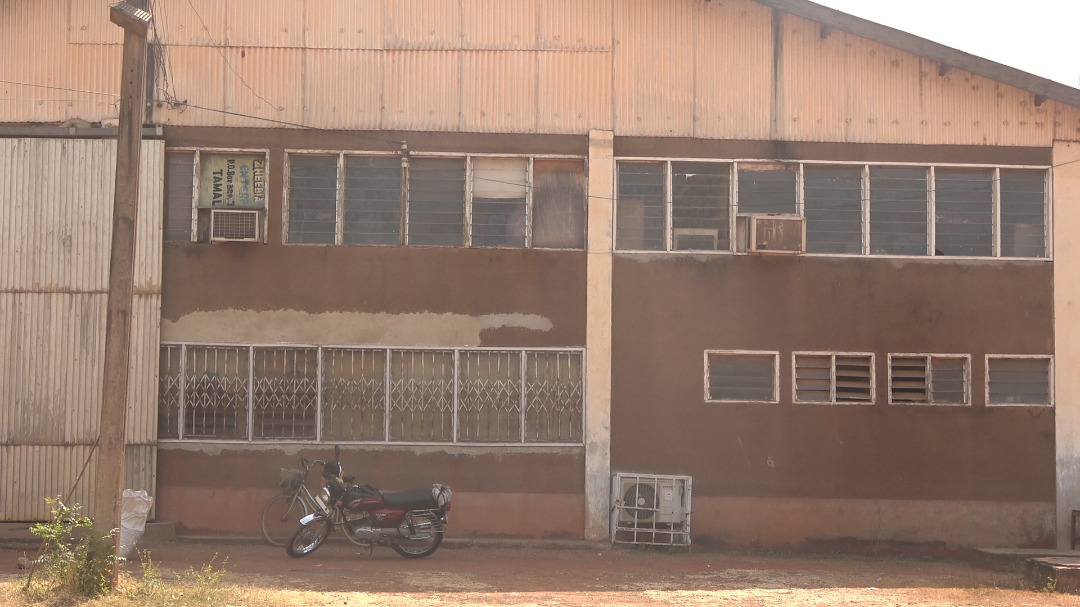
Some of the equipment have completely broken down. The situation has resulted in the manual sorting of quality seeds for crop development.
But speaking with Citi News at a stakeholder meeting in Tamale on improving the efficiency of the national seed system, Programs Coordinator for the Savannah Zone Agricultural Productivity Improvement Program, Felix Darimani, announced plans to rehabilitate some seed centers across the country.
“This project is looking at rehabilitating some seed centers. We have a number of seed centers in the country but the buildings are dilapidated, the equipment that are used are so obsolete and this project is going to rehabilitate four of them into state of the art facilities to process quality seeds and also with adequate volumes expected for farmers to use.”
The president of the National Seed Trade Association of Ghana, Thomas Wilfred Havor, lauded the move, and believes it will help reduce their burden.
“The seed that is produced and sent out to the farmer, if all of is not used, it should be stored in a state of the art storage place and this is what we do not have, so the storage, processing and packaging facilities are going to be improved so that when you go to a seed center, you will not see a lot of seed lying on the floor. All the processing seed facilities in the country are old and the rehabilitation will go a long way to help us.”
The four selected seed centers to be rehabilitated are in Ho, Kumasi, Tamale and Winneba.
By: Diana Ngon | citinewsroom.com | Ghana
Source: citifmonline.com

